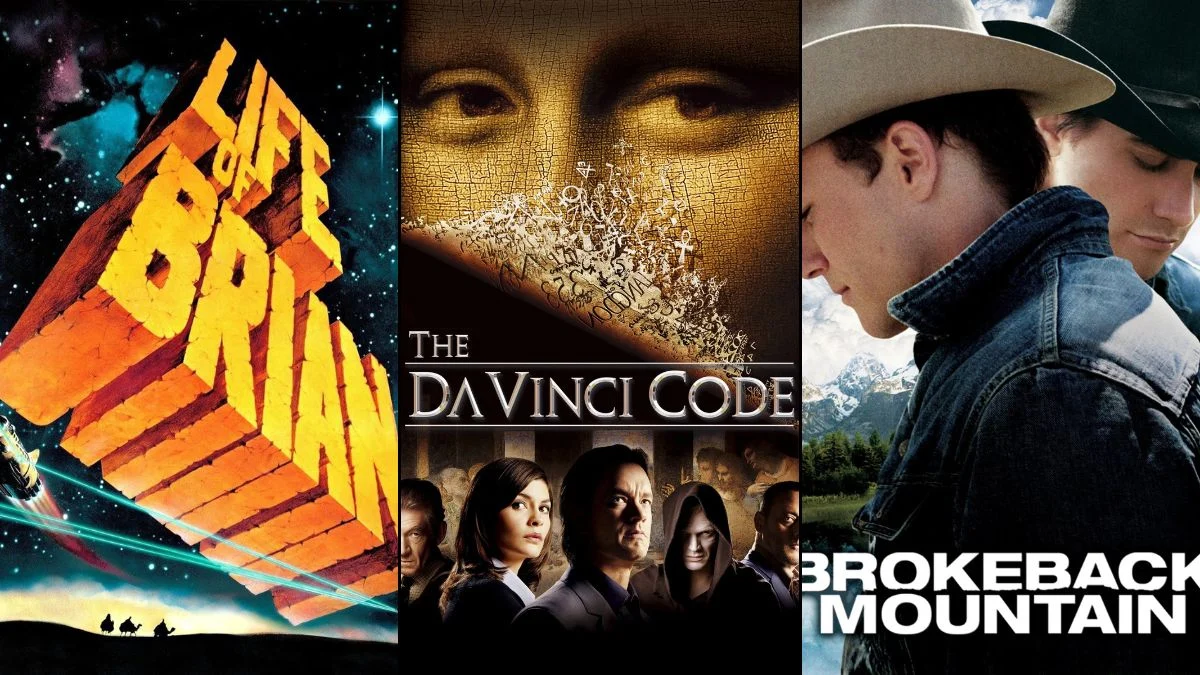
Certain movies spark strong reactions beyond just entertainment, leading to organized efforts to influence theaters, studios, and viewers. These campaigns, often boycotts initiated by religious groups, political organizations, advocacy groups, or governments, frequently demand that films be cancelled, banned, or not shown. These actions can change how a film is distributed and marketed, and even lead to theaters removing it from their schedules. Here are twenty films that faced this type of coordinated opposition, and the specific results that followed.
‘The Birth of a Nation’ (1915)
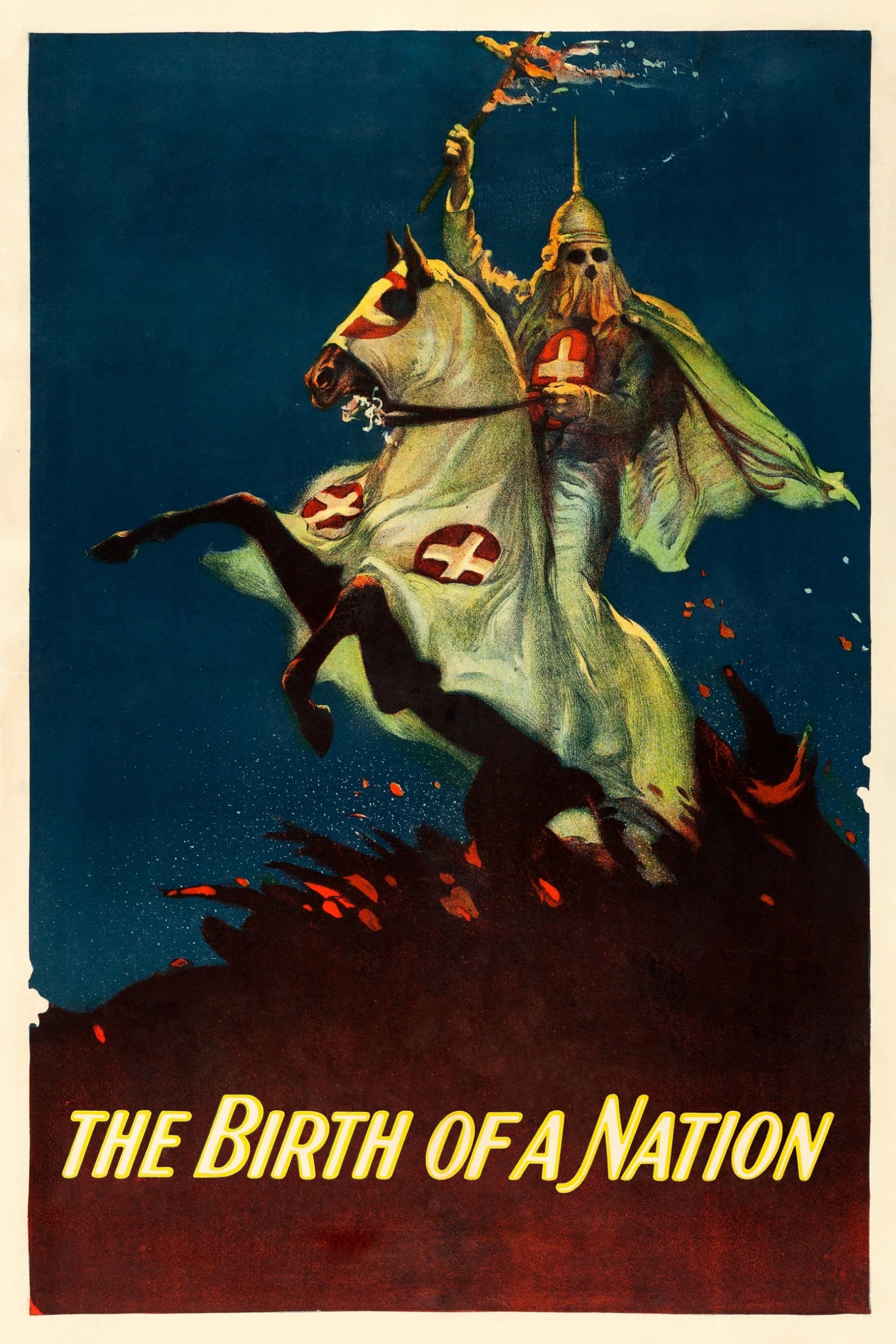
Civil rights groups protested against the film ‘The Birth of a Nation’ due to its racist content and how it was being used to attract members to hate groups. Protesters demonstrated outside theaters and asked local governments to cancel screenings. After pressure from community leaders, some cities limited or blocked showings altogether. These actions set a precedent for organized film boycotts in the U.S.
‘Life of Brian’ (1979)
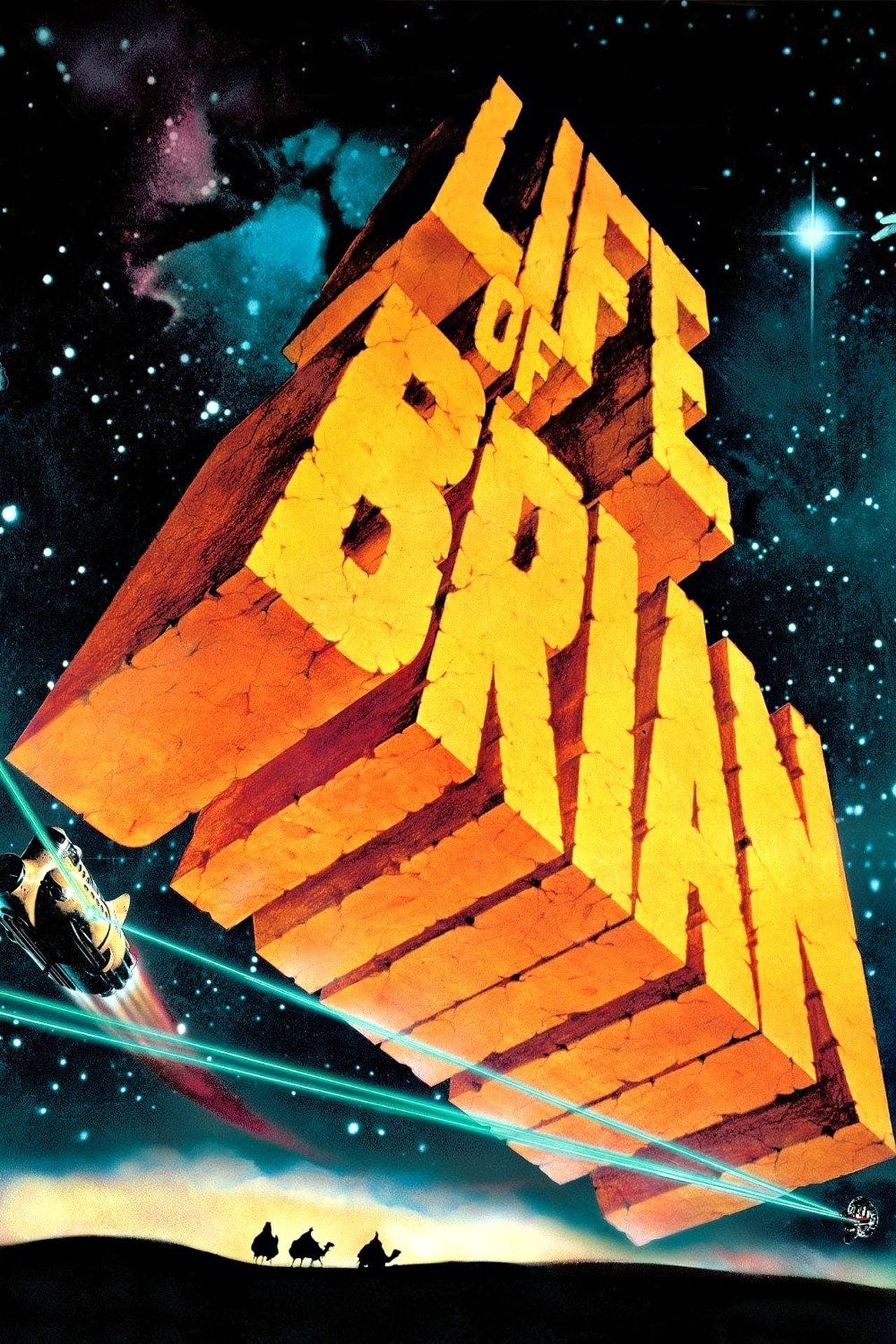
Several religious groups around the world protested the film ‘Life of Brian,’ calling it blasphemous and urging people to boycott it. They organized letter-writing campaigns and protests, pressuring local governments and cinemas to cancel showings. Some cities banned the film entirely, and distributors had to avoid those areas. This controversy greatly impacted how and where the film was released, limiting its availability in certain places.
‘Hail Mary’ (1985)
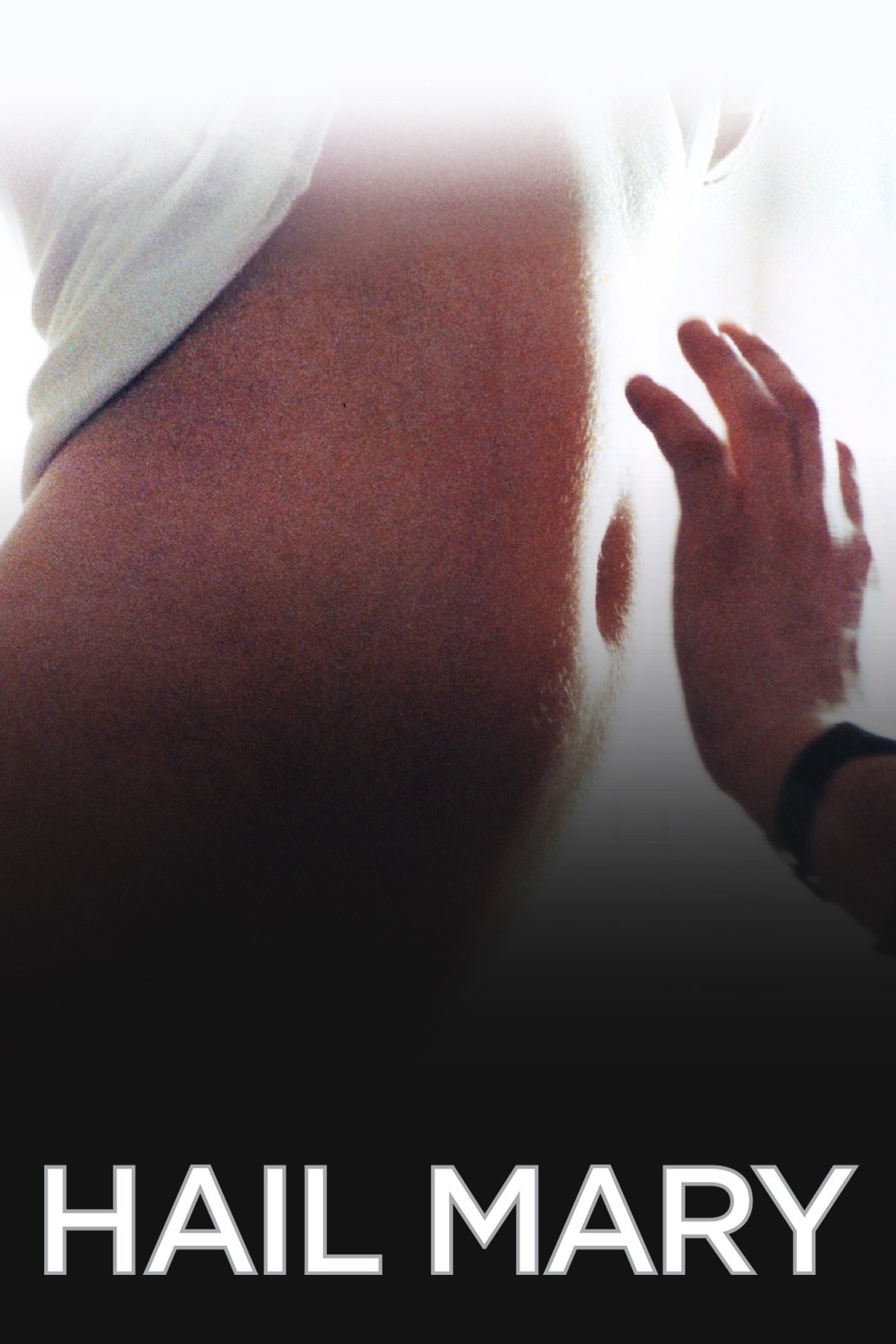
Catholic organizations held protests across the country against the film ‘Hail Mary,’ asking their members not to go to cinemas showing it. Protesters gathered outside theaters to convince owners to stop screening the movie. As a result of these protests and petitions, some cinema owners cancelled showings, and this impacted film schedules in many cities for several weeks.
‘The Last Temptation of Christ’ (1988)
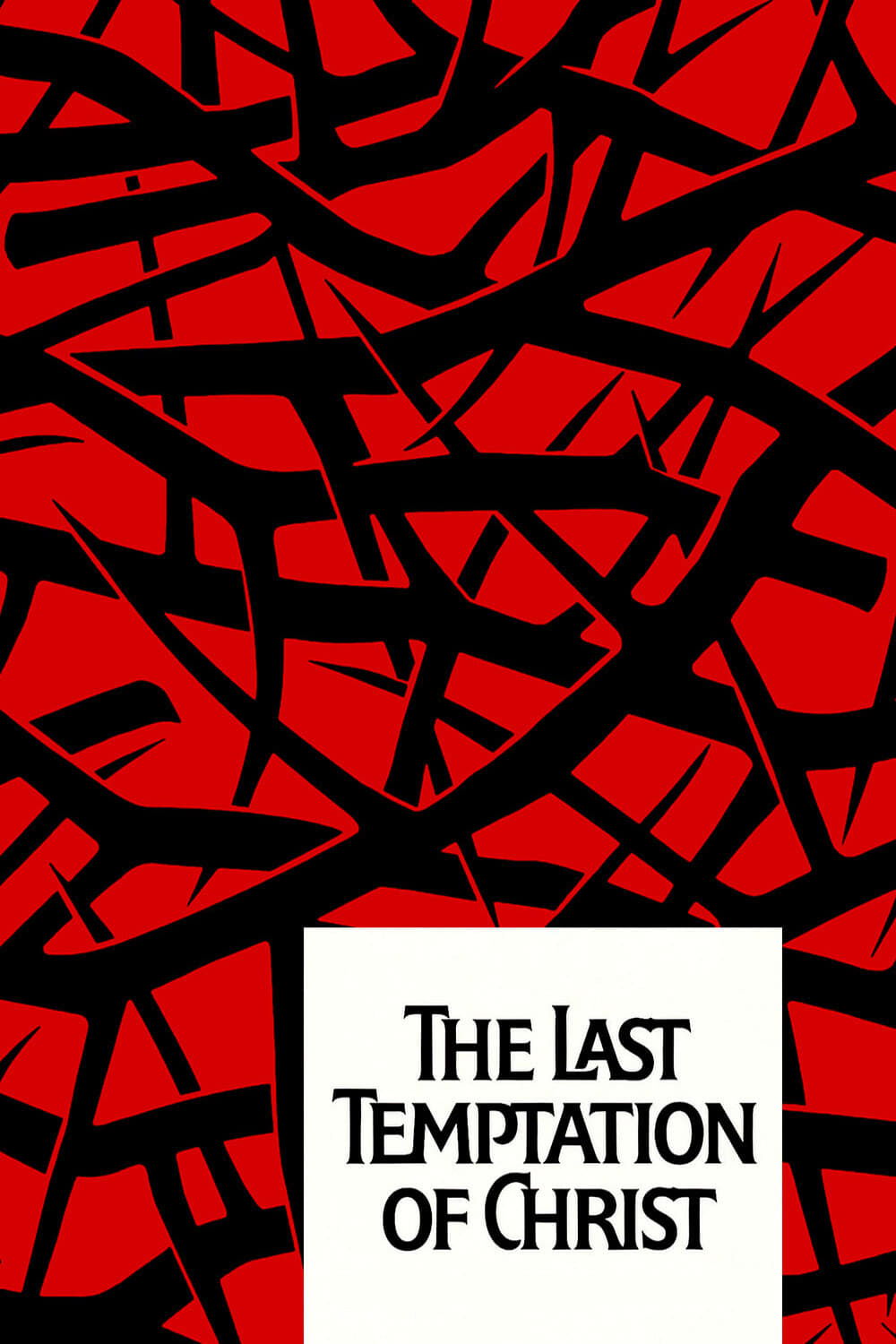
When ‘The Last Temptation of Christ’ was released, religious groups organized a significant boycott, pressuring both the film studio and movie theaters. They flooded theaters with phone calls and gathered petitions, demanding the film be pulled from schedules. Several theater chains responded by deciding not to show the movie, citing safety concerns and pressure from the community. As a result of this organized opposition, the film was released in fewer theaters than originally intended.
‘The Passion of the Christ’ (2004)
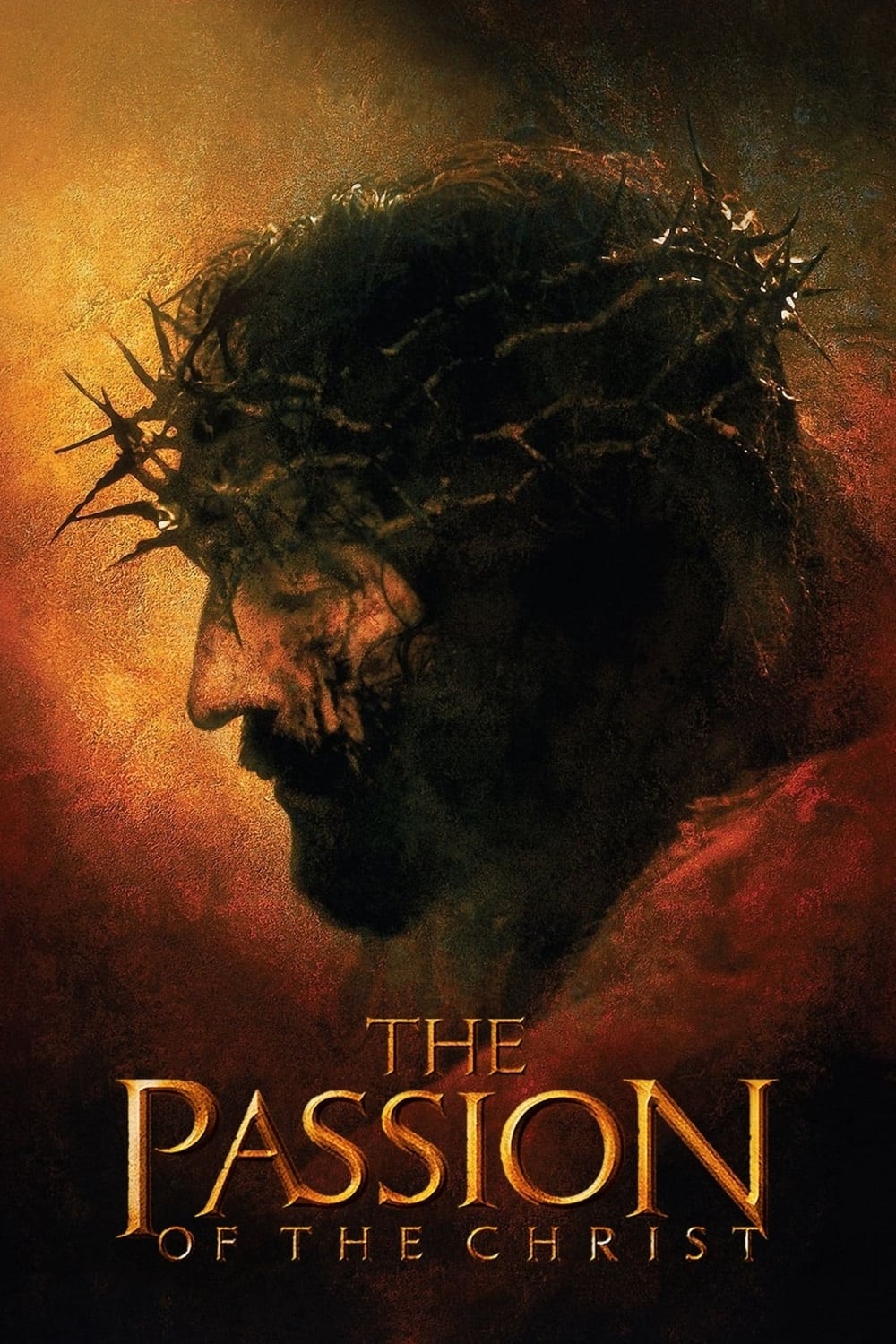
Groups focused on interfaith understanding and human rights called for people to avoid seeing ‘The Passion of the Christ’ because of its content and potential effects on society. These activists worked with local leaders to discourage attendance and asked movie theaters to either show warnings before the film or limit how long it played. Several schools and religious organizations also advised their members against attending. This campaign received a lot of press coverage and led to increased security at many movie theaters.
‘Brokeback Mountain’ (2005)
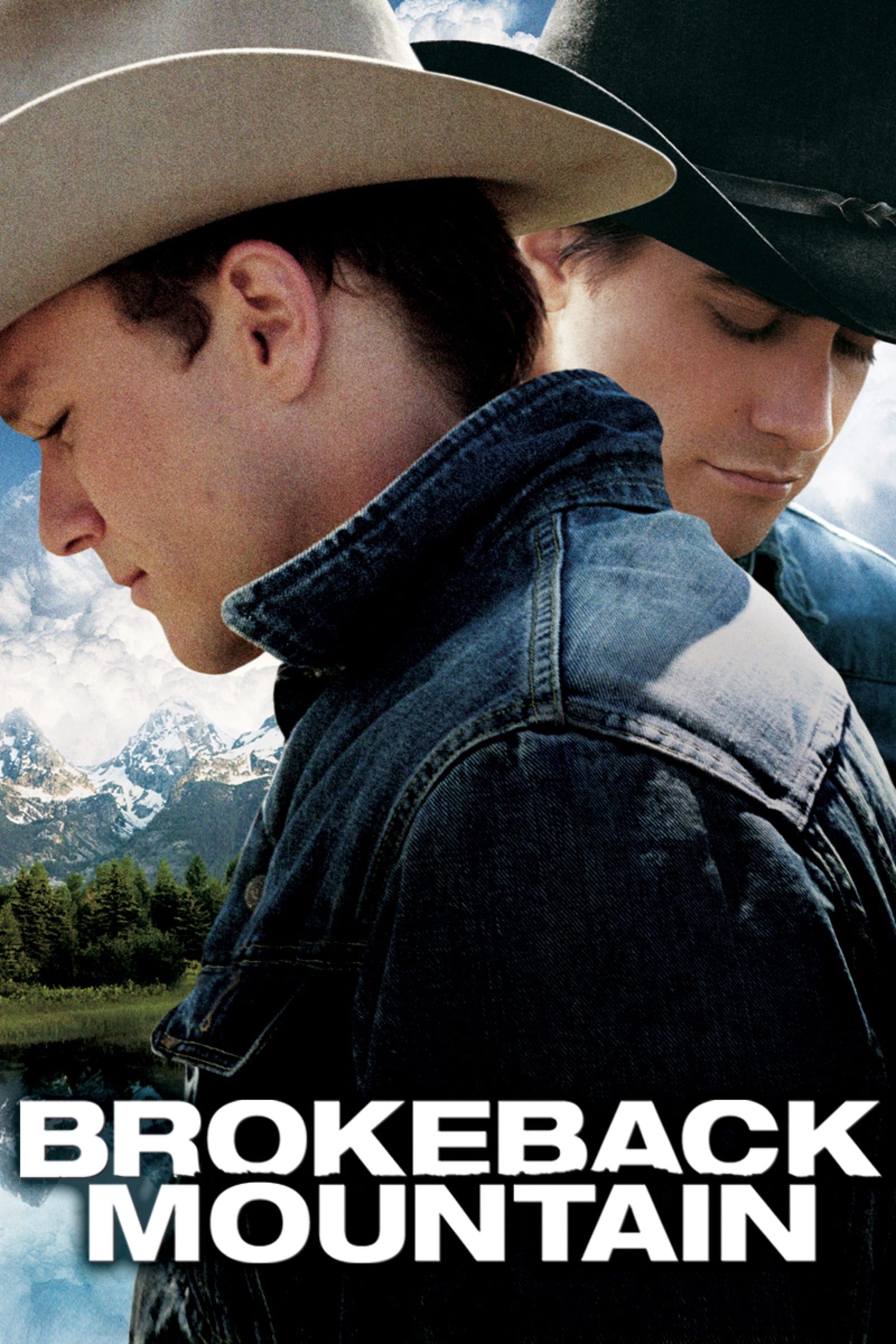
Groups with conservative viewpoints protested the film ‘Brokeback Mountain,’ urging people not to see it and asking smaller movie theaters not to show it. These efforts successfully convinced some theaters to cancel screenings, even though many people wanted to see the film. Religious organizations also advised their members to avoid the movie and encouraged them to contact their local cinemas. As a result, the film’s release in many areas was limited.
‘The Da Vinci Code’ (2006)

Across several countries, religious groups organized protests against the film ‘The Da Vinci Code,’ including boycotts and requests to limit its showings. They held prayer meetings and demonstrations outside theaters, hoping to discourage people from seeing it. In some places, censors either edited the film or banned it completely due to these organized complaints. As a result, the film studios had to revise their plans for premieres, increasing publicity and security measures.
‘The Golden Compass’ (2007)
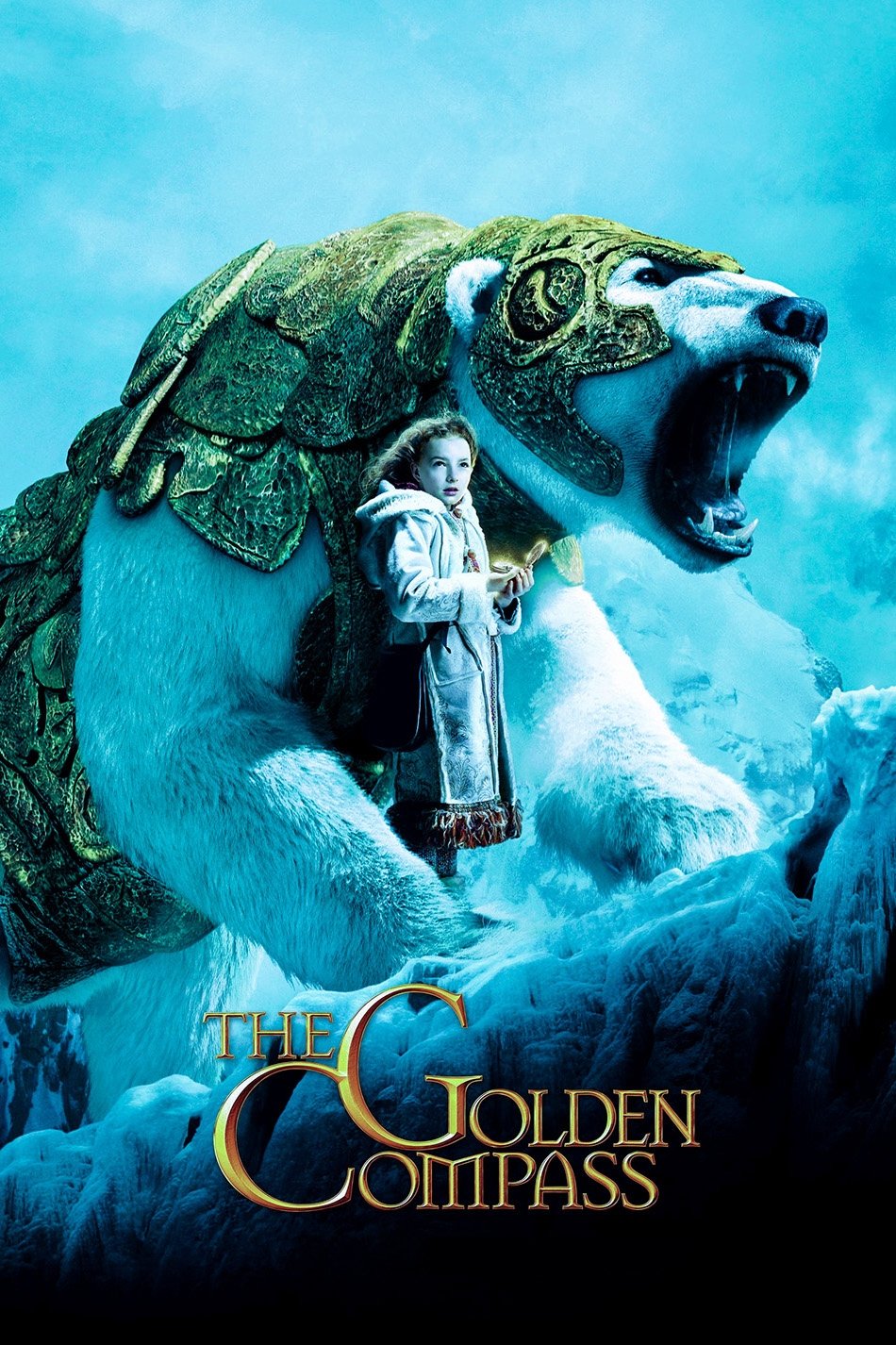
Several advocacy groups called for a boycott of the movie ‘The Golden Compass’ because they believed it contained themes that were hostile to religion. They spread the word through emails and church announcements, asking families not to see the film and to contact stores selling related products. This effort successfully led some companies involved in promotional partnerships to reduce their support. Ultimately, the campaign negatively impacted the plans for future movies in the series.
‘Noah’ (2014)
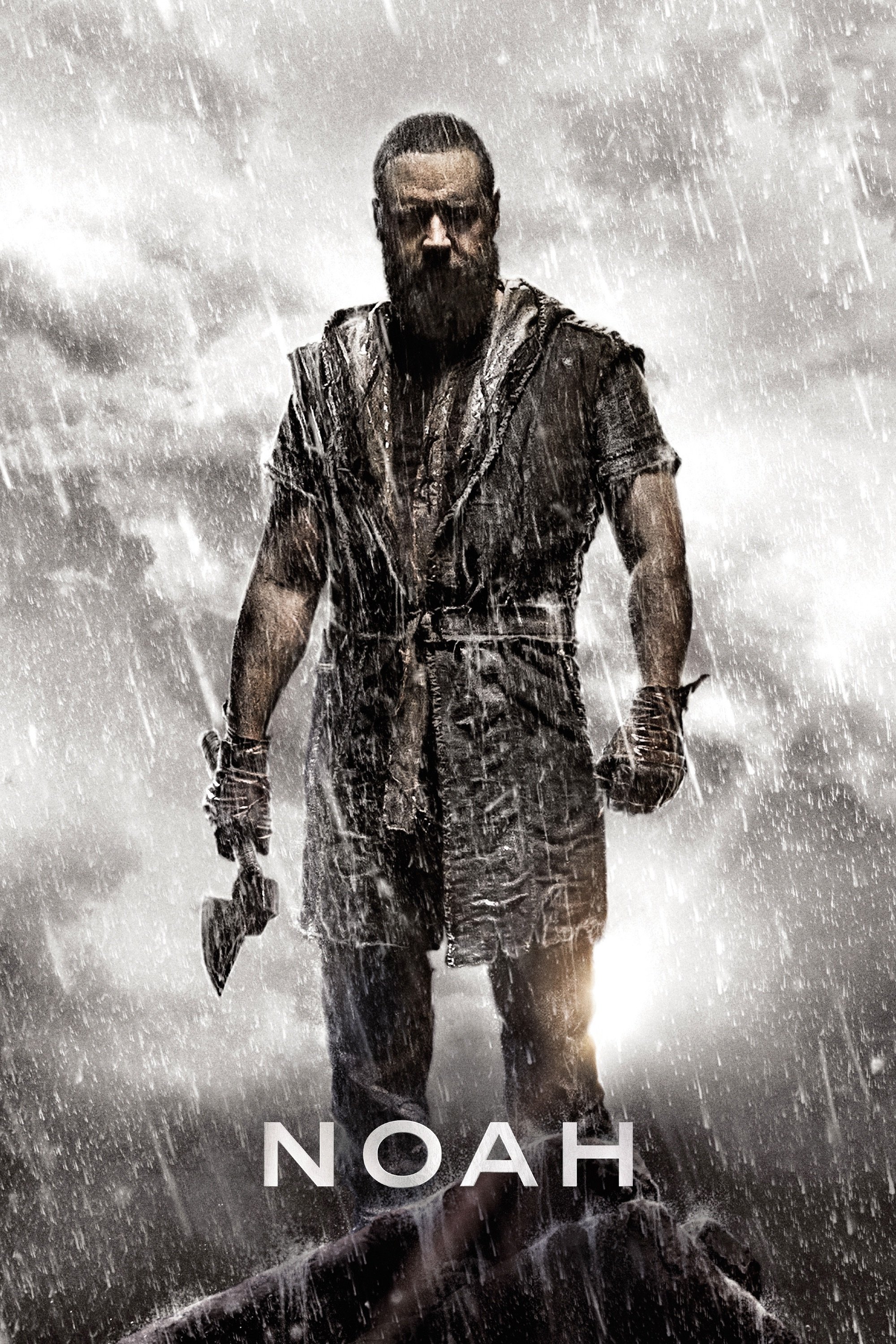
After the movie ‘Noah’ was released, religious leaders and community organizations asked people to boycott it because they believed it differed from the Bible. This led to organized campaigns encouraging cinemas to cancel showings and viewers to stay away. Some countries completely banned the film, while others made it play with a disclaimer, all due to pressure from religious groups. As a result, the film’s release varied greatly from place to place.
‘PK’ (2014)

Following its release, ‘PK’ faced protests and boycotts led by activist groups and religious organizations. They gathered signatures for petitions asking cinemas to stop showing the film and remove its advertisements. In some locations, authorities even asked for increased security at theaters due to the organized demonstrations. Despite the pressure, the film remained in cinemas, though venue operators continued to feel the impact of the protests.
‘American Sniper’ (2014)
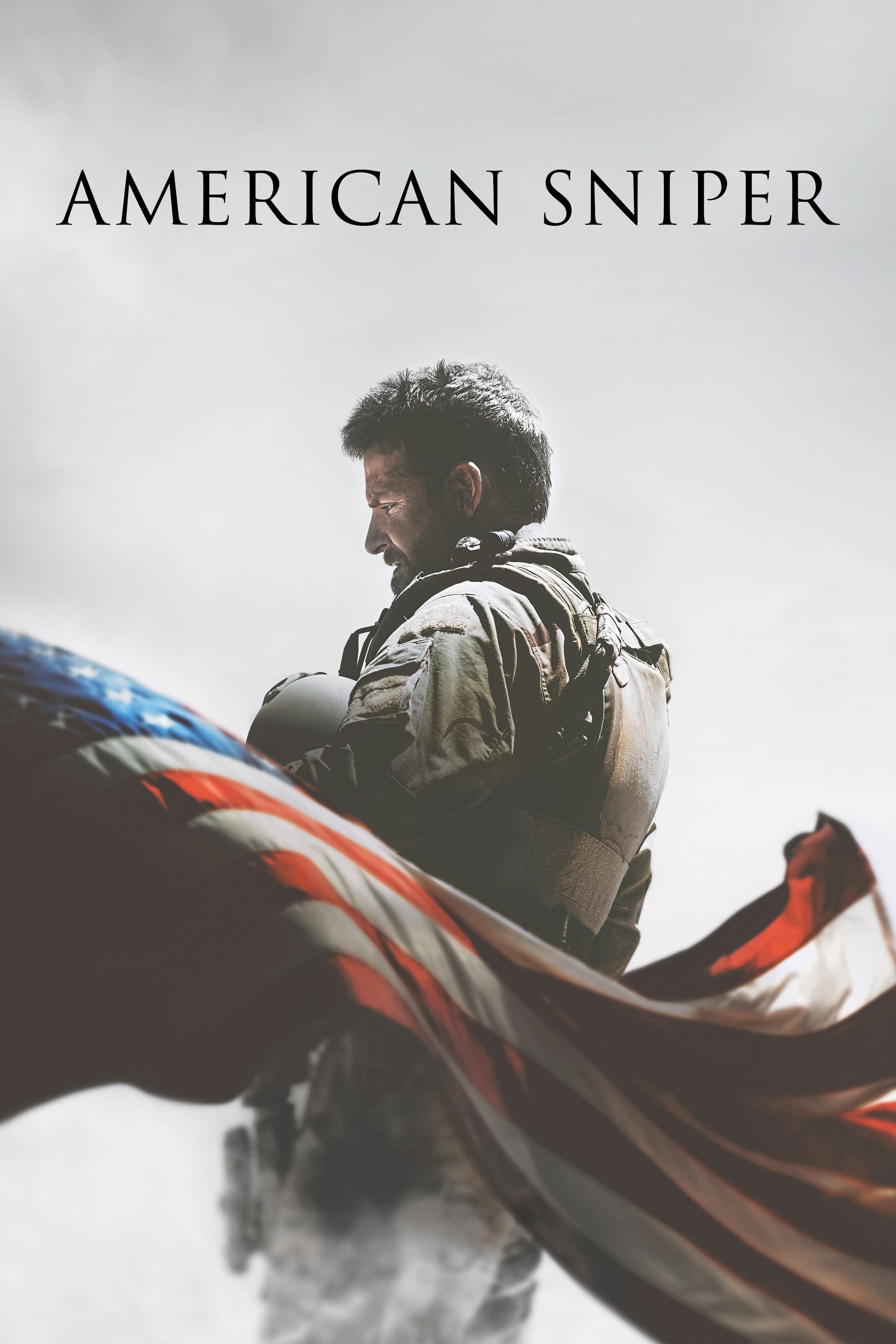
As a film lover, I remember a lot of controversy around ‘American Sniper’ when it came out. Students and local groups really pushed back against screenings at universities and smaller theaters, organizing boycotts and writing letters to school officials. They even tried to coordinate efforts to avoid buying tickets. It actually worked in some cases – a few venues cancelled their planned showings and chose to screen something else after talking things over. The debate even spilled over into city-sponsored film festivals, where organizers were caught between really divided opinions in the community.
‘The Hateful Eight’ (2015)
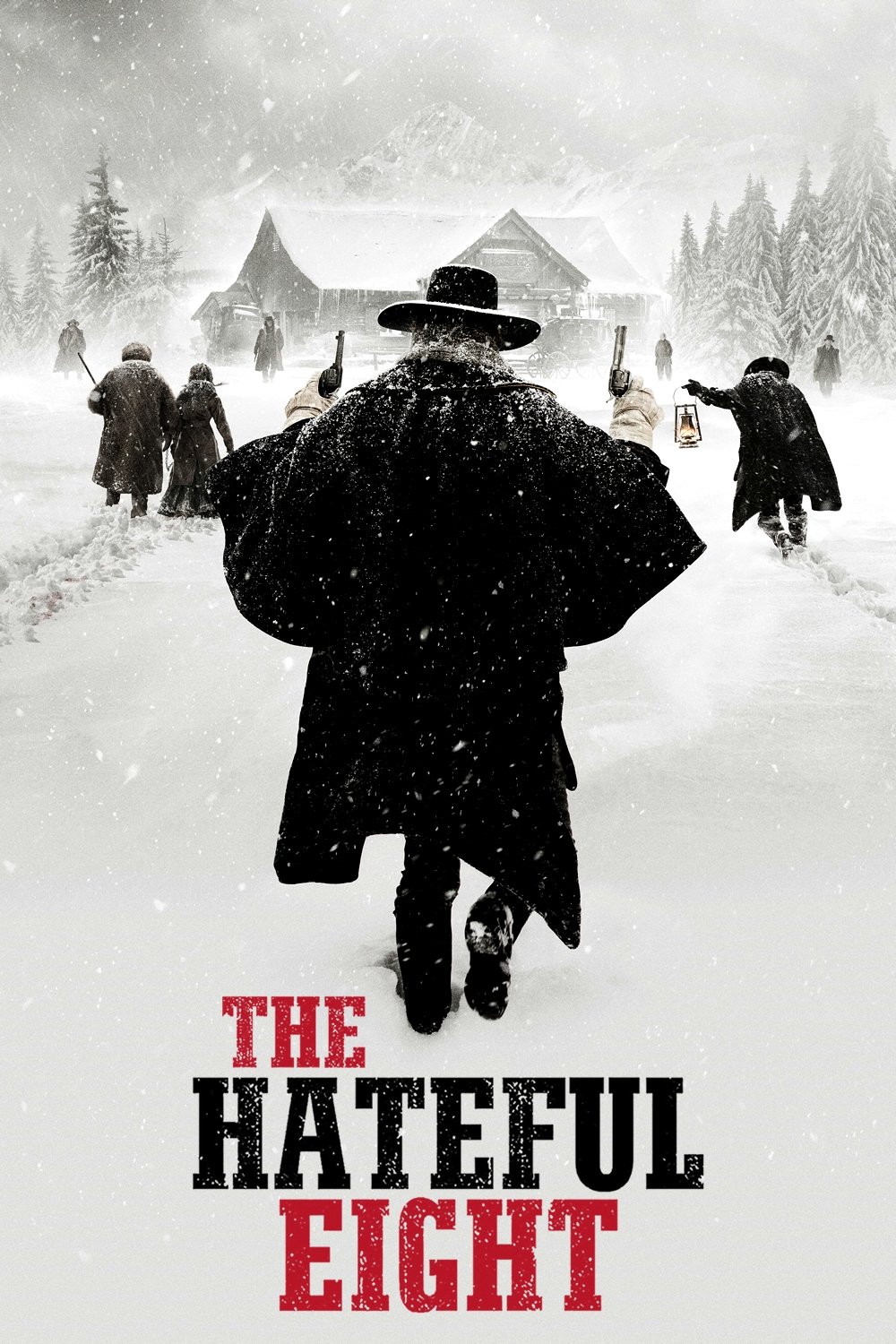
Following controversial statements made by the director about policing, police unions across many cities organized boycotts of his film, ‘The Hateful Eight.’ Officers and their supporters encouraged people not to see the movie and asked theaters to reduce its visibility. Theater owners experienced a surge of coordinated calls and online campaigns, particularly during the film’s opening weekend. This effort also put pressure on companies sponsoring the movie’s release.
‘Beauty and the Beast’ (2017)
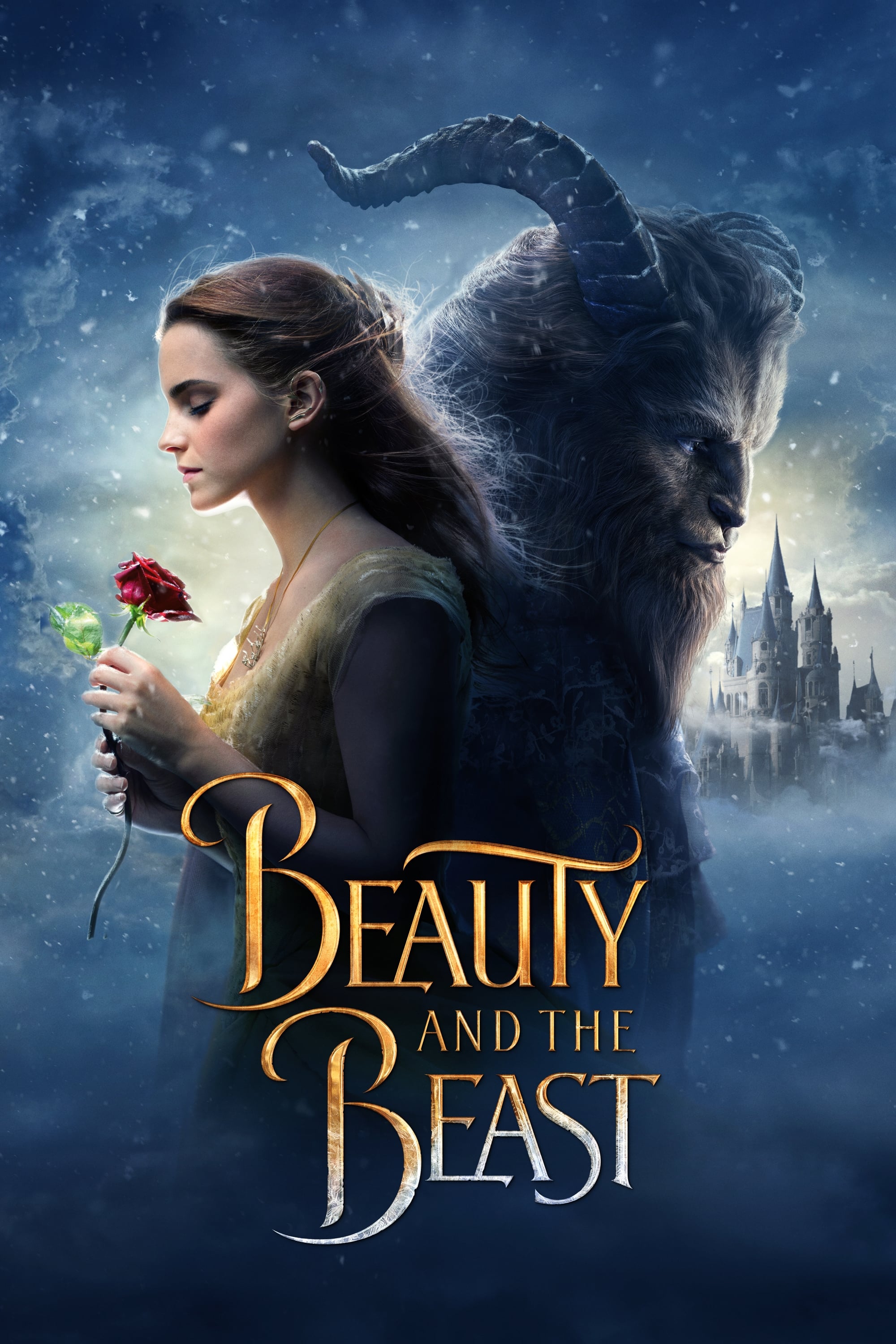
Following a brief same-sex moment in the film ‘Beauty and the Beast’, religious groups and leaders in several countries called for people to stop supporting it. Some cinemas canceled or postponed showings after receiving appeals from community leaders, and retailers were asked to remove displays promoting the movie. This widespread reaction led to content warnings and changes to the film’s release in certain locations.
‘Star Wars: The Last Jedi’ (2017)
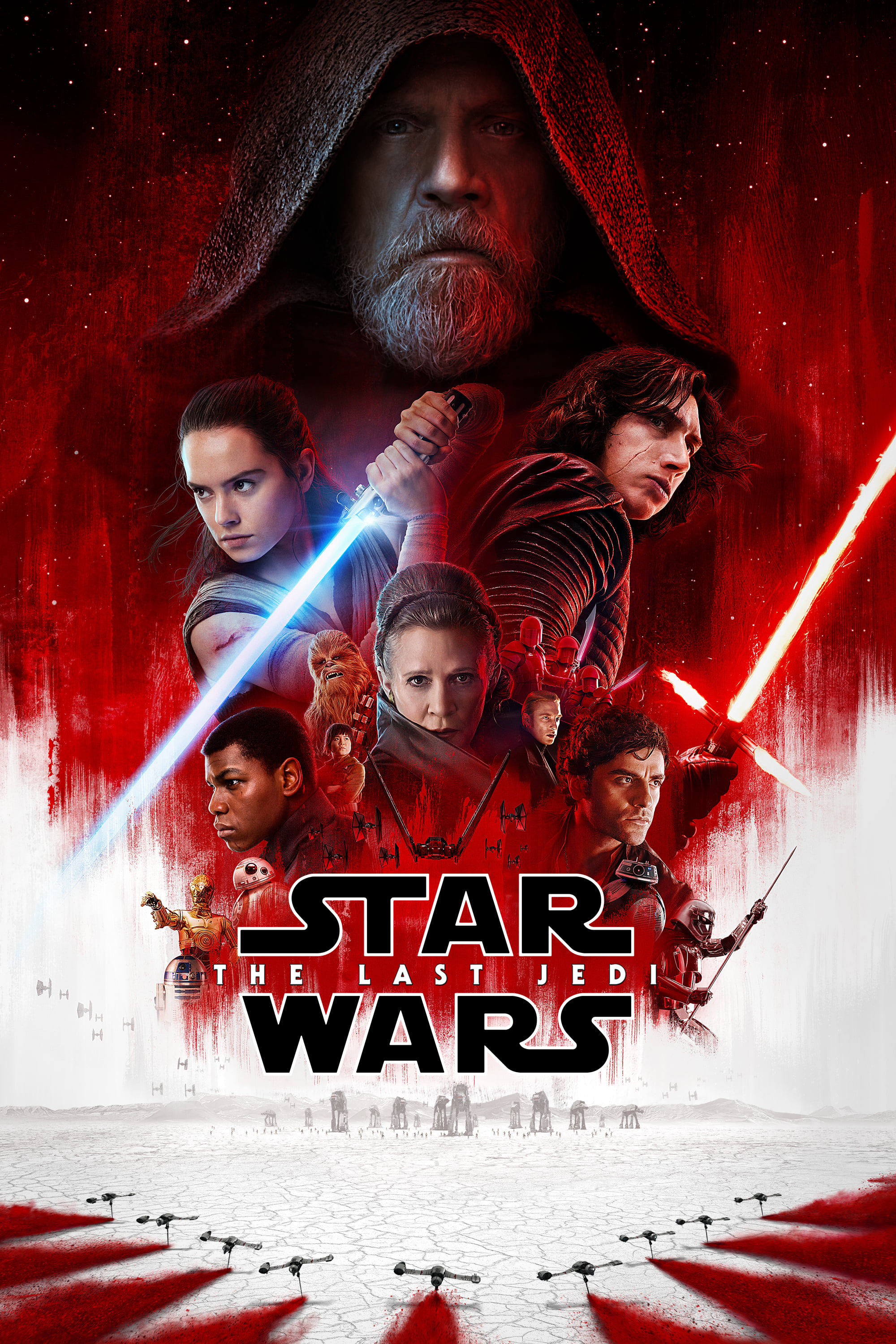
Fans unhappy with the creative decisions in ‘Star Wars: The Last Jedi’ organized boycotts. They pledged not to see the film and asked theaters to show it on fewer screens. Online petitions urged the studio to make changes to future movies and how they were promoted. This activity created noticeable trends on social media that theater owners tracked while the film was playing.
‘Captain Marvel’ (2019)
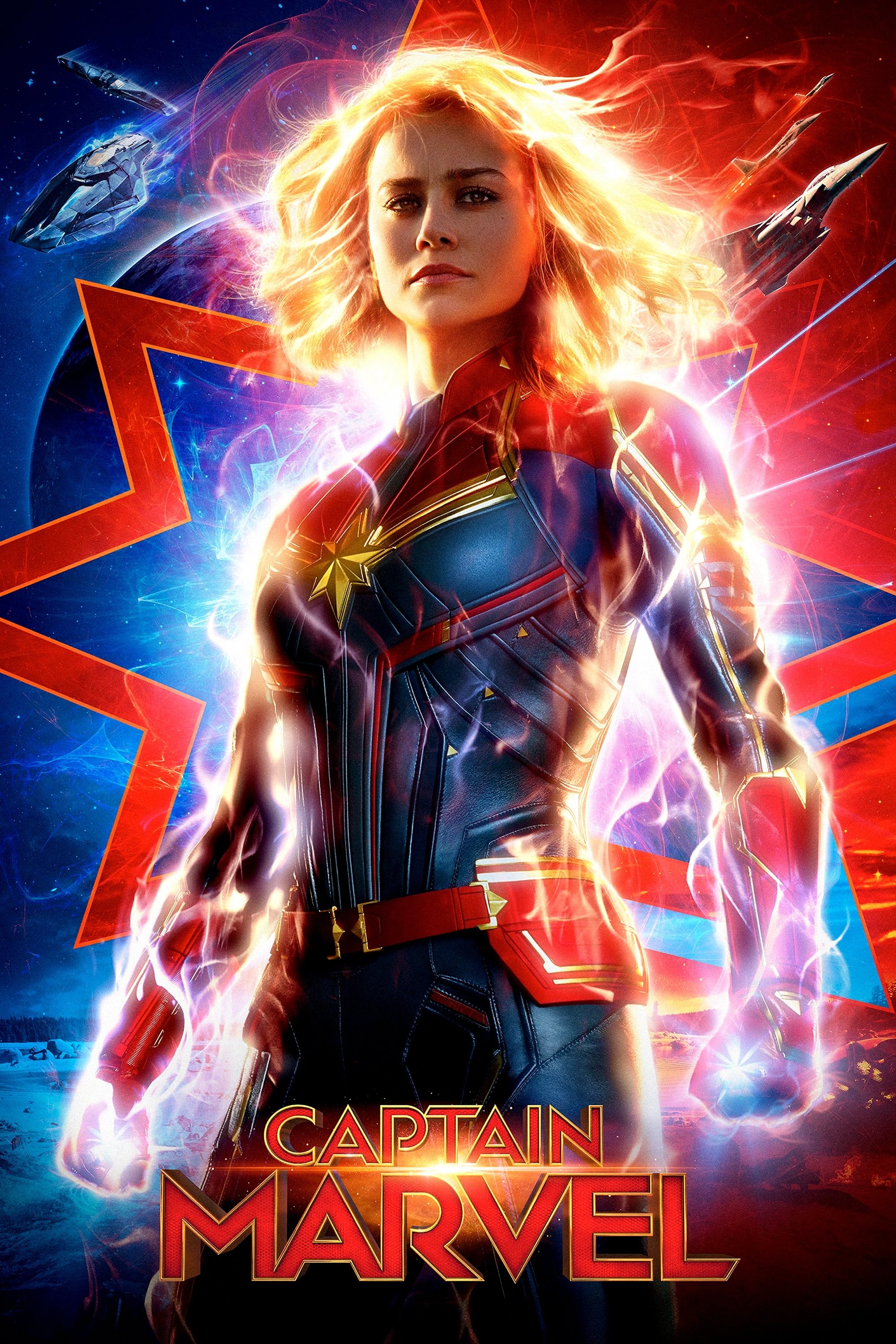
Online groups organized a boycott of the movie ‘Captain Marvel’ because they disagreed with how it was being promoted and with statements made by the lead actress. These groups encouraged people to cancel their pre-ordered tickets. Some movie theaters received coordinated calls asking them to show the film less often or to post disclaimers about it. The studio responded by changing the comment sections on websites where people rate movies.
‘Cuties’ (2020)
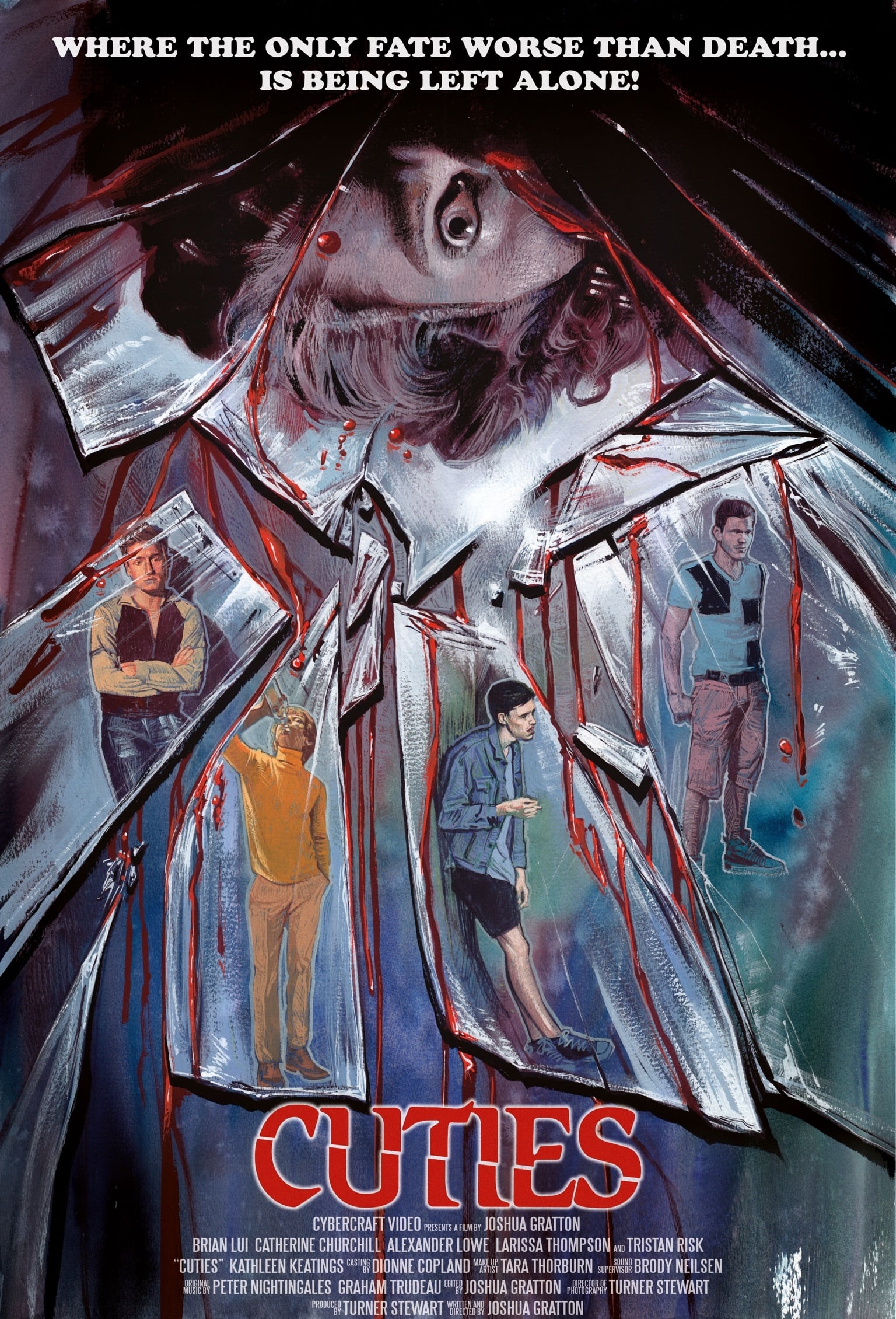
Following controversy, groups of parents and advocates organized a large-scale boycott of the film ‘Cuties,’ focusing on the company distributing it and its related services. They actively canceled subscriptions and publicly committed to not watching, hoping to decrease viewership and impact the platform. This effort was supported by statements from politicians and officials who urged others to avoid the film and request its removal. As a result, the hosting service changed its marketing strategies and began reviewing its policies.
‘The Lady of Heaven’ (2021)
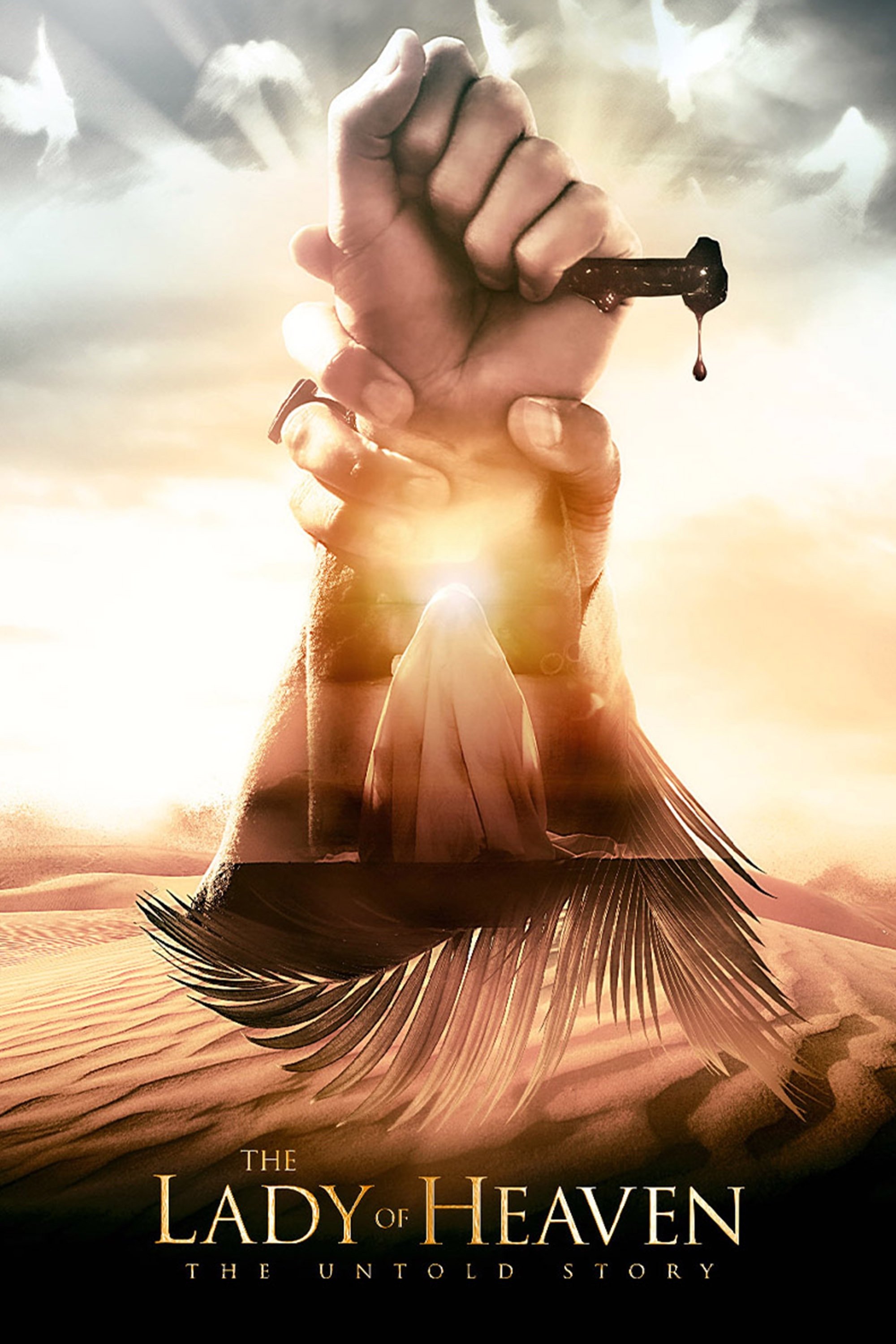
Religious groups organized boycotts and protests at movie theaters in multiple countries against the film ‘The Lady of Heaven.’ Due to ongoing pressure and concerns for safety, many cinemas canceled showings. Community leaders also called for the film to be pulled from distribution. As a result, the film became available in only a limited number of locations.
‘Lightyear’ (2022)

Across several countries, groups and officials called for boycotts of the movie ‘Lightyear’ because of a brief same-sex kiss. This included starting petitions to government agencies and asking movie theaters to stop showing the film. Some countries banned the movie altogether, while others had theaters voluntarily pull it from their schedules. During this time, the studio also faced pressure regarding merchandise and promotional partnerships.
‘Barbie’ (2023)

Several political groups and government regulators around the world asked people to boycott the ‘Barbie’ movie because they believed it contained hidden political messages. These groups pressured companies to stop distributing the film and theaters to remove promotional displays showing maps. In some countries, officials lobbied for changes to the movie or asked for disclaimers, causing delays in its release. This activism ultimately affected how the movie was marketed and when it became available in different regions.
‘The Kerala Story’ (2023)
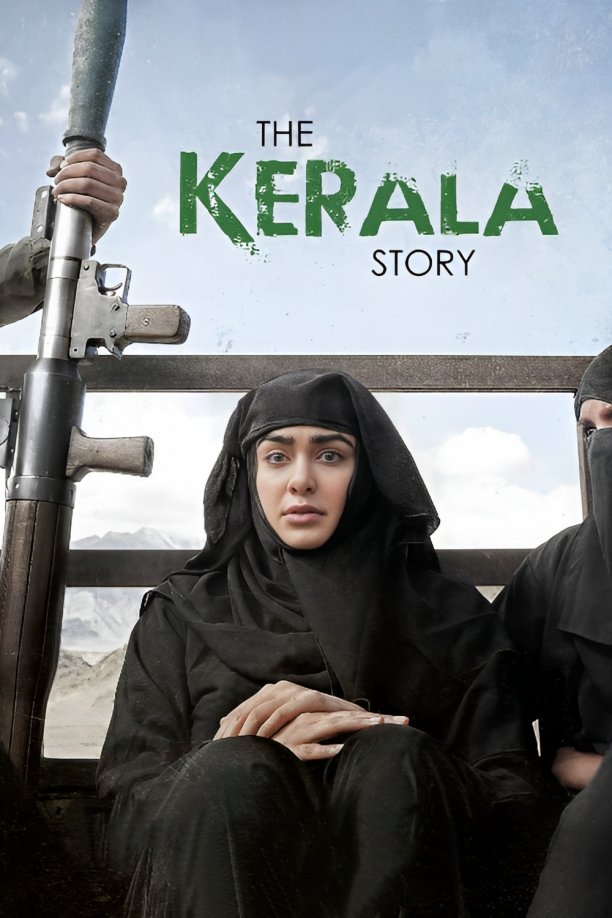
Following concerns about how it depicted certain communities, activist groups and political organizations organized boycotts of the film ‘The Kerala Story.’ These efforts included legal challenges and protests outside cinemas. As a result of coordinated complaints, some areas saw restrictions or warnings, and theaters had to adjust the number of showings and increase security.
Share the titles you think were the most controversial in the comments.
Read More
- Top 15 Insanely Popular Android Games
- Gold Rate Forecast
- Did Alan Cumming Reveal Comic-Accurate Costume for AVENGERS: DOOMSDAY?
- ELESTRALS AWAKENED Blends Mythology and POKÉMON (Exclusive Look)
- EUR UAH PREDICTION
- Core Scientific’s Merger Meltdown: A Gogolian Tale
- New ‘Donkey Kong’ Movie Reportedly in the Works with Possible Release Date
- 4 Reasons to Buy Interactive Brokers Stock Like There’s No Tomorrow
- Why Nio Stock Skyrocketed Today
- Silver Rate Forecast
2025-11-16 08:18